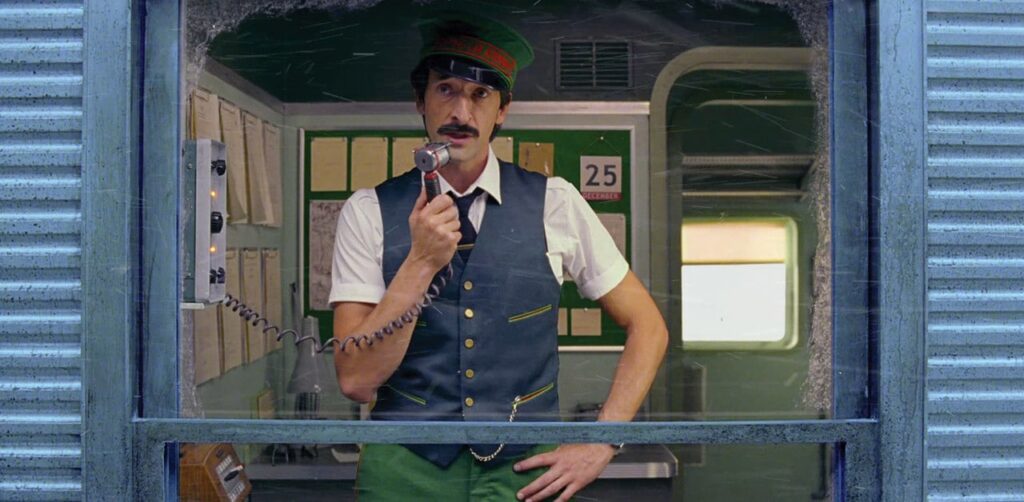It’s a fact: Happiness on Christmas morning isn’t measured by the number of presents under the tree, even with little ones in your home who might have a long wishlist. Studies have found that giving your kid too many toys can result in the opposite of the desired effect—they can actually be less happy.
Childhood development researcher, Clair Lerner, suggests that when kids are given an abundance of toys and games, they play less. Too many toys can be distracting and overwhelming to children, leading them to lose the e concentration needed to learn from those toys.
Ms. Lerner’s findings are echoed by Michael Malone, a professor of Early Childhood Education at the University of Cincinnati. His research showed that fewer and better toys lead to increased sharing and cooperation, both valuable life skills. Moreso, too many toys encourage more solitary play, while causing a sense of unproductive overload.
So what does that mean? There’s no need to stress about getting them everything on their wishlist. Spending time with your kids is far more valuable.
In a study of 3,000 3-5-year-olds at Oxford University, it was found that children’s academic success was more dependent on their home environment and parents’ involvement than the toys or electronic devices they are given. Those who had fewer toys and no electronics, but had parents who spent more time with them, did better in school and in many areas of social and emotional development, suggesting that parents’ attention is better than any toy or screen.
And if we need one more reason to cool it on the toy giving, researchers have discovered that gratitude and generosity increase when experiences are given instead of objects. Thomas Gilovich, a psychology professor at Cornell University, conducted many studies over many decades and found that happiness is derived from experiences, not things.
Bottom line: The happiness derived from a childhood experience is far more significant than the fleeting excitement of toys under the Christmas tree. Giving experiences that involve spending time together instead of gifting toys brings greater and longer-lasting joy. Don’t stress about the number of toys. Focus on making memories.
source: mother.ly
True or false?
1. The abundance of toys under the Christmas tree brings longer-lasting joy to kids.
2. Giving experience is better than fulfilling your child’s wishlist of objects.
3. Too many toys encourage playing together.
4. Spending time with your kids is far more valuable than a great number of toys.
5. Children’s academic success was dependent on the toys or electronic devices they got.
Key
1. false
2. true
3. false
4. true
5. false
Vocabulary
to be measured with sg | mérik valamivel |
wishlist | kívánságlista |
to result in sg | valamit eredményezni |
opposite | ellentét |
desired effect | kívánt hatás |
abundance | bőség |
distracting | zavaró, figyelem elterelő |
overwhelming | megsemmisítő erejű, nyomasztó |
to echo | visszacsengeni, visszhangozni |
valuable | értékes |
life skill | az élethez szükséges készség |
to encourage | elősegíteni |
solitary | magányos |
unproductive | terméketlen |
overload | túlterhelés |
there's no need | nem szükséges |
to be dependent on sg | függni valamitől |
home environment | otthoni környezet |
involvement | részvétel |
emotional development | érzelmi fejlődés |
attention | figyelem |
gratitude | hála |
generosity | nemeslelkűség, bőkezűség |
experience | élmény |
object | tárgy |
to conduct a study | kutatást folytatni |
decade | évtized |
to derive from sg | eredni valamiből |
significant | lényeges, fontos |
fleeting excitement | múló izgatottság |
to involve | magában foglalni |
longer-lasting | hosszabban tartó |








